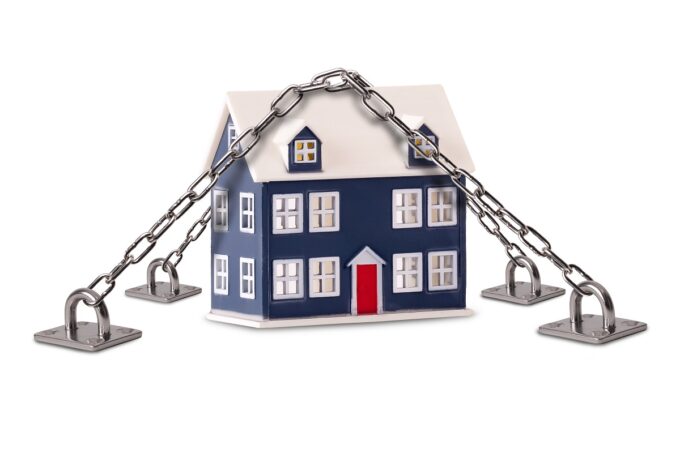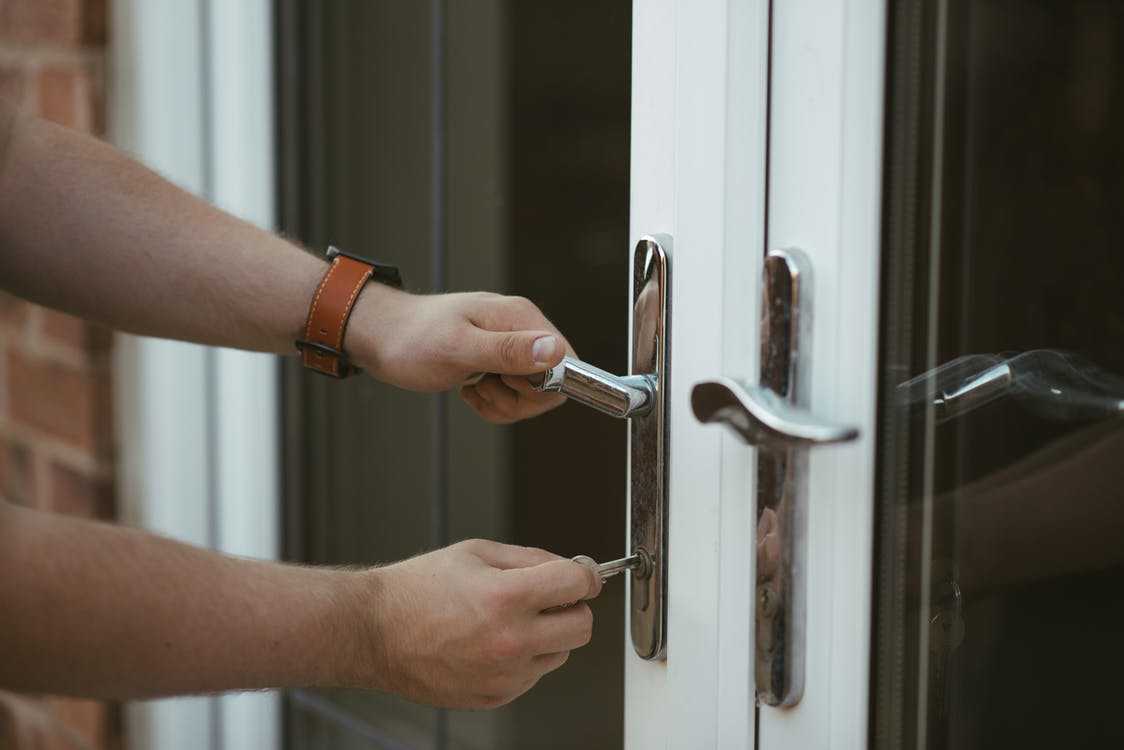A holiday home is a place to relax, unwind, and enjoy time with family and friends. But as much as we cherish our vacation getaways, the reality is that they are vulnerable to theft, damage, and other hazards when left unoccupied. In 2021, there were about 83.48 million occupied holiday units in the U.S.
Globally, the vacation rental market is set to hit 96.85 billion this year. Although the holiday home and vacation rental markets are not as large as other real estate markets, they are generally stable.
Holiday homes are used either by their owners during vacations or are often rented out at other times. One of the more common themes you will notice is that these homes can remain vacant for long periods of time.
But many people are now considering vacant property services, helping them manage and maintain vacant holiday properties. The services ensure the property remains secure, well-maintained, and compliant with local regulations during the vacancy period.
In today’s article, we will look at some of the ways to protect your vacant holiday home.
Common Problems and Threats That Vacant Homes Are Liable to

It shouldn’t come as a surprise to hear that an empty home easily attracts trouble. Problems can come from both human and natural sources. Both of them can be equally difficult to deal with if you haven’t. Let’s look at some examples.
Vandalism and Theft: This is one of the most obvious problems that vacant holiday homes deal with. Holiday homes are often in quiet and secluded neighborhoods, which makes them easy targets. If no one has been hired to maintain the home, it becomes obvious that the place is vacant. It is then just a matter of time before someone chooses to break in and steal expensive electronics such as TVs or video game consoles.
Squatters: This is arguably one of the worst things that can happen to your holiday home. To make matters worse, many places make it illegal or difficult to evict them. If you weren’t familiar with the term, squatters are people who find an empty home and decide to move in and make it theirs. This is mostly an issue with homes that have been vacant for at least a few years.
Environmental Damage: Your holiday home can also be affected by the elements. This tends to occur due to a lack of maintenance. When gutters are not cleared and drains become clogged, it is easy for water damage to become an issue. Mold tends to set in, and the general lack of maintenance can also create an environment that makes pest infestations more likely.
What Can Be Done?

Vandalism, squatters, and environmental damage are but some of the many problems a vacant home might face. Many of the liabilities you encounter may be unexpected, and you may not even have a chance to prepare for them. However, the following measures should help out considerably.
1. Get Vacant Home Insurance

This is probably the best option if you are worried about a monetary hit from damage to your property. Vacant insurance is needed when a property is going to be left empty for more than 30 – 60 days, depending on the insurance provider, the policy terms, and other factors.
Many people erroneously believe that if they already have home insurance, they don’t need another type of insurance. Sadly, this isn’t the case. Most home insurance policies have clauses that will stop coverage if your home is left vacant for a prolonged period of time.
Vacant insurance, on the other hand, becomes active when a home has been vacant for a specific amount of time.
It isn’t just holiday homes that can benefit from this type of insurance. According to Seneca Insurance Company, a New York-based firm, the Covid-19 pandemic affected the real estate sector greatly.
These effects were severe enough that many properties ended up either abandoned or left vacant. Sure, many of them were repurposed, but many more continued to remain empty and unused. Vacant insurance has helped owners of such properties reduce their costs when liabilities arise.
2. Install Modern Security Systems

This approach is more for those worried about break-ins, vandalism, and theft. Modern security systems are fantastic for 24/7 monitoring of your holiday home. You might even be surprised by some of the features that they have.
In addition to a live video feed, they often come with motion and noise-sensing features. This means you get an alert when movement or sounds are detected. Door and window sensors are also a common feature that will alert you if they have been opened or breached.
In case you don’t feel like keeping a close watch on the feed, you don’t have to worry. Some security systems offer remote monitoring by a professional security company that informs law enforcement when a break-in occurs. For added security and peace of mind, considering physical barriers like a well-constructed fence highlighted at Big Tex, can complement your technological measures, creating a comprehensive approach to safeguarding your property against potential intruders.
Regular visits can also help ensure the property is prepared for emergencies. If you’re unable to visit the property frequently, consider enlisting the services of a vacation property management company that can provide routine inspections, maintenance, and security checks on your behalf.
Moreover, schedule visits around guest arrivals and departures if you rent out the vacation home to guests. This allows you to perform checks before new guests arrive and after they leave.
3. Keep The Home Occupied

This is one of the most effective methods that can also generate income for you on the side. You can do this by turning your holiday home into an Airbnb-type of establishment where tourists can stay.
Of course, this involves a bit of investment with regard to ensuring the property meets any requirements for you to let it out. You can generate a nice profit that can go toward your next vacation. Hiring a property manager or someone that can handle such aspects is also a good idea.
When renting your vacation home, establish clear rules for a positive experience. Define reservation and payment policies, including deposits and accepted forms of payment. Set check-in and check-out times for smooth transitions and state maximum occupancy limits to prevent overcrowding.
It’s also important to communicate minimum stay requirements and refund policies. Outline behavior expectations, noise rules, and compliance with laws. Specify smoking and pet rules with associated fees. Emphasize property care, cleanliness, and trash disposal. Detail reporting damages, handling security deposits, and dispute resolution.
Clarify utility inclusions, usage limits, and amenity rules. Provide emergency contacts and list check-out responsibilities. Moreover, remind guests to follow local regulations and encourage feedback. Clear communication fosters a positive rental experience for all parties involved.
Conclusion
A holiday home is a cherished place for relaxation and peace of mind, but it can also be vulnerable to damage, theft, and other hazards. Being proactive in keeping your holiday home safe and secure can help you avoid costly repairs and losses.
Some of the common problems that vacant homes face are vandalism, theft, squatters, and environmental damage.
To address these problems, you can take preventative actions such as getting vacancy insurance, installing modern security systems, or keeping the home occupied.
Being prepared from the get-go is the best way to protect your investment and ensure that you and your loved ones can continue to create beautiful and happy memories in your holiday home.









